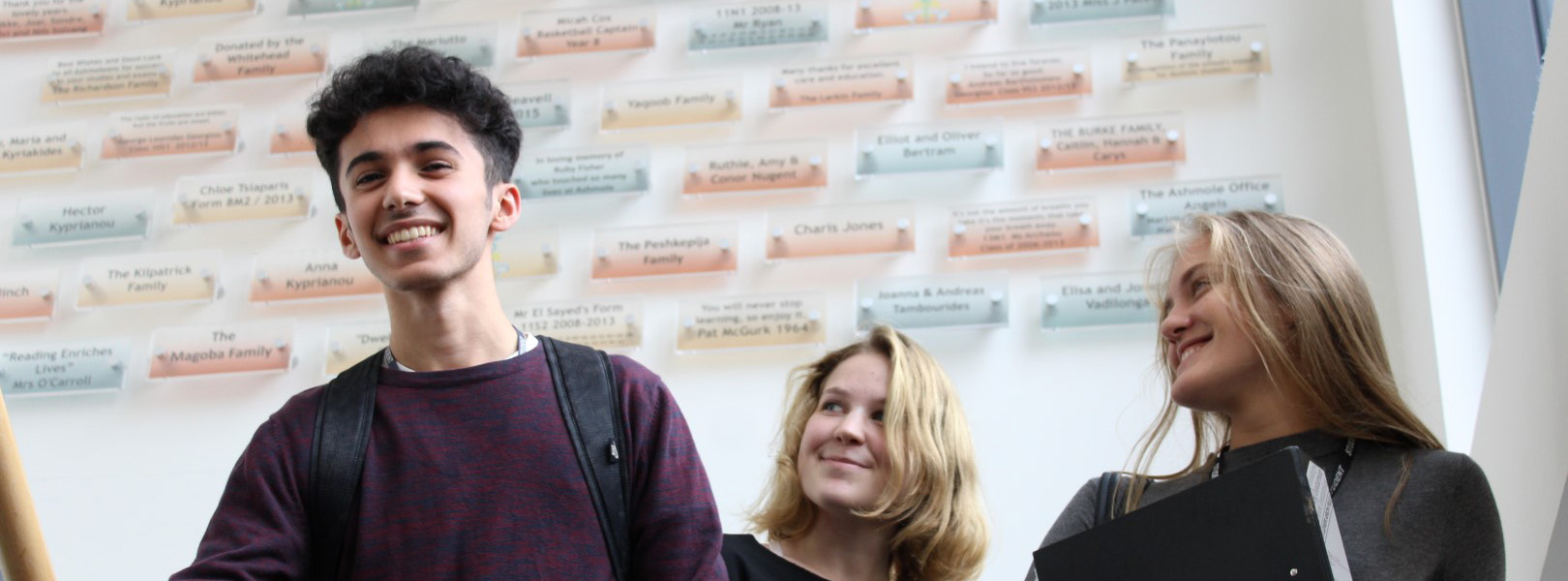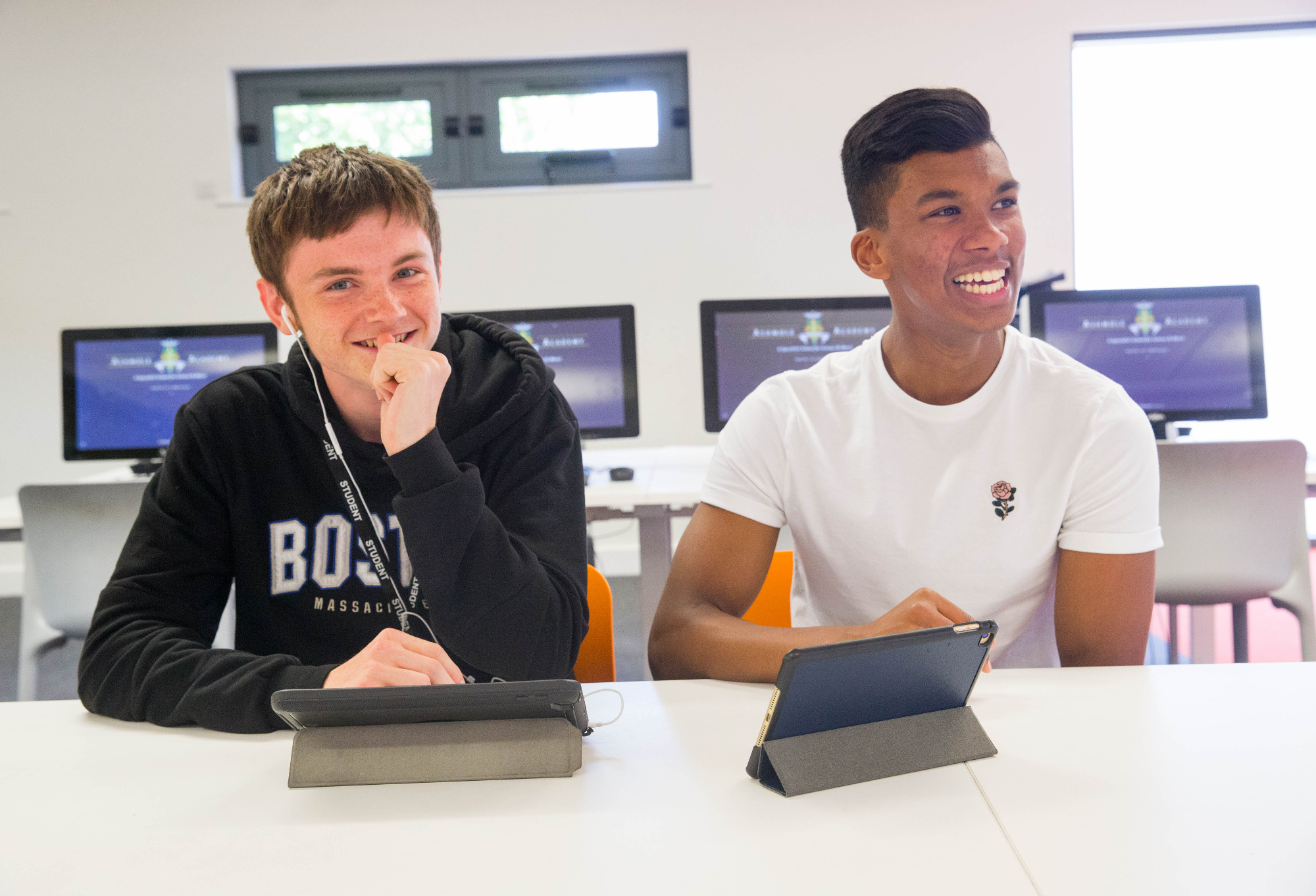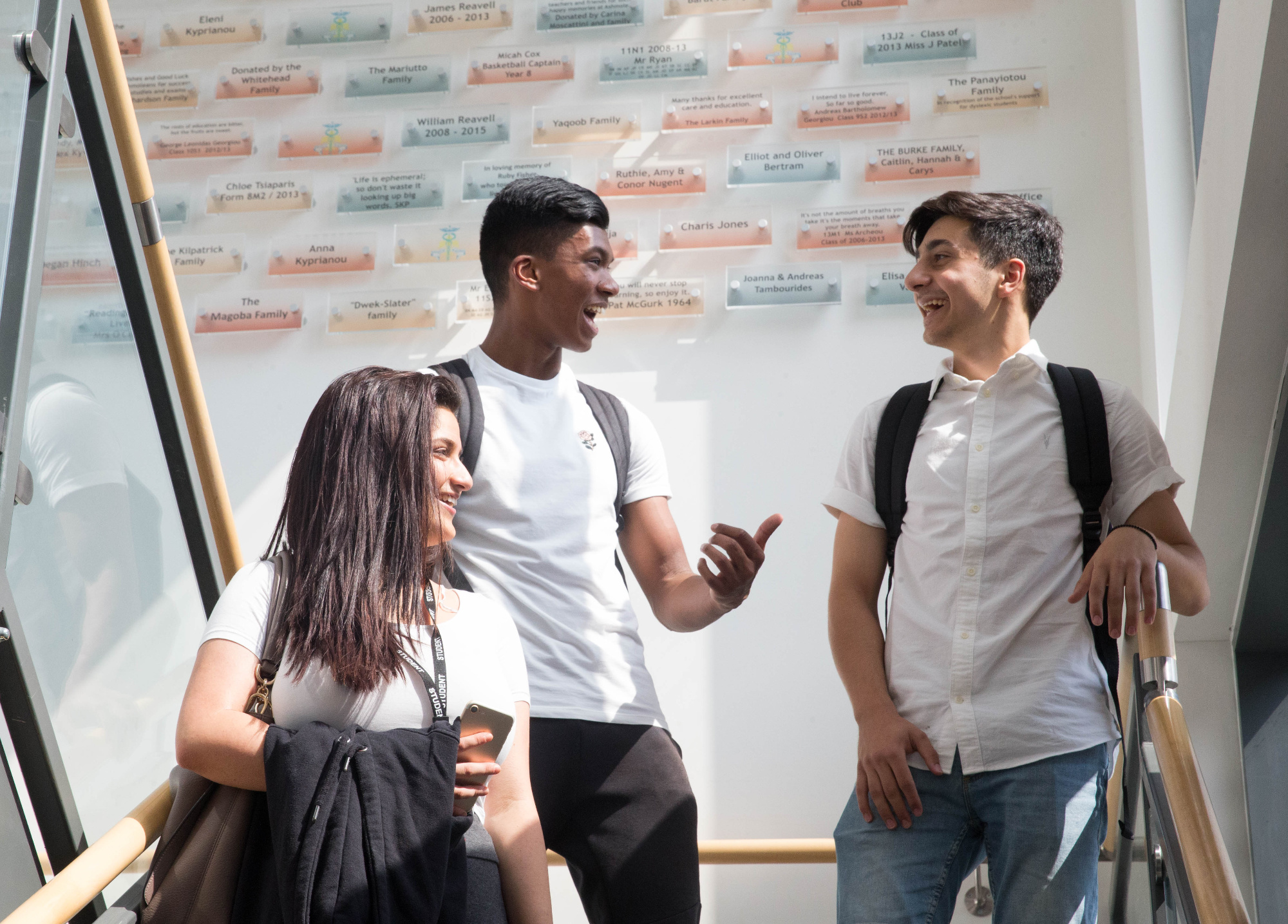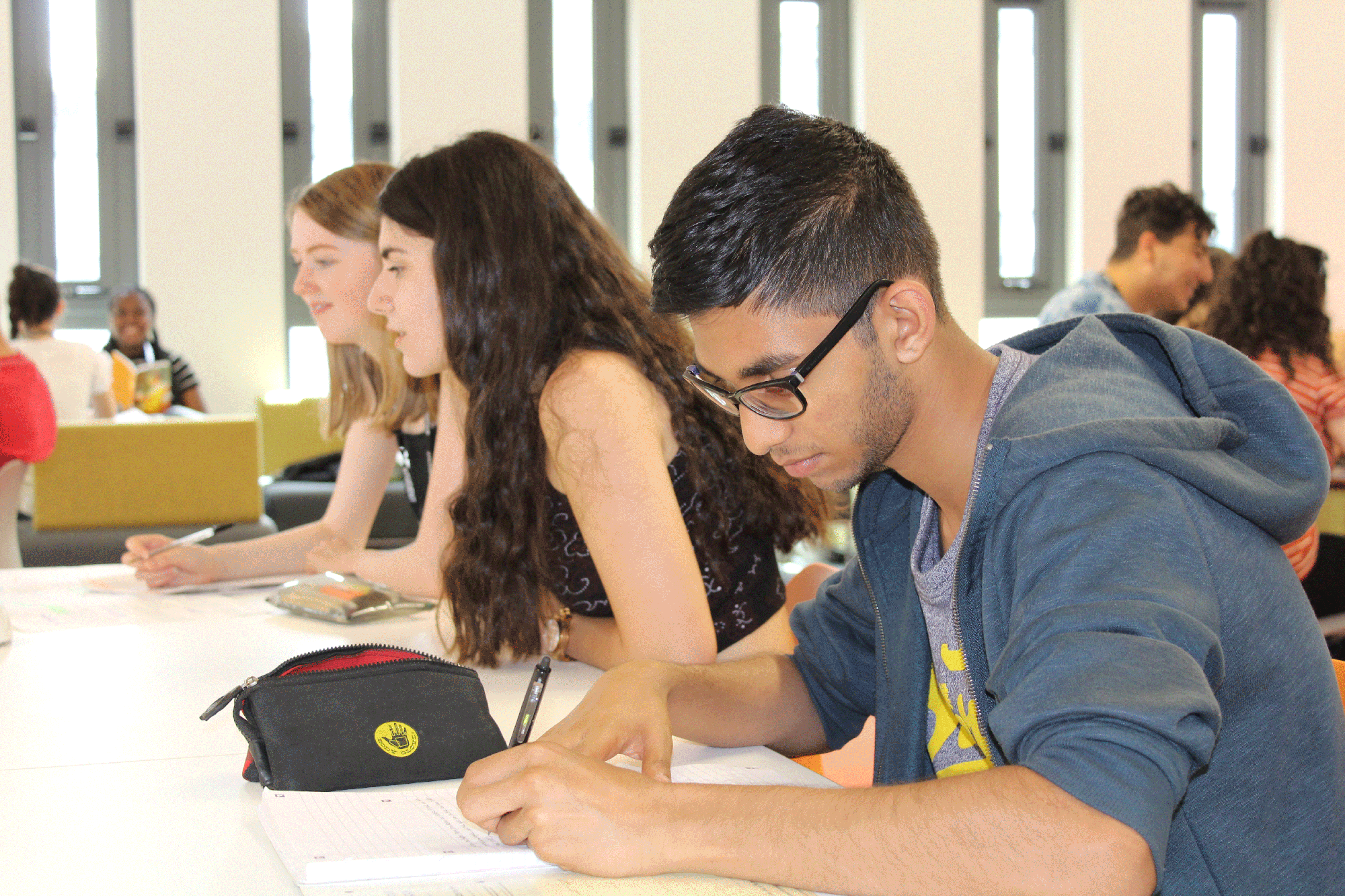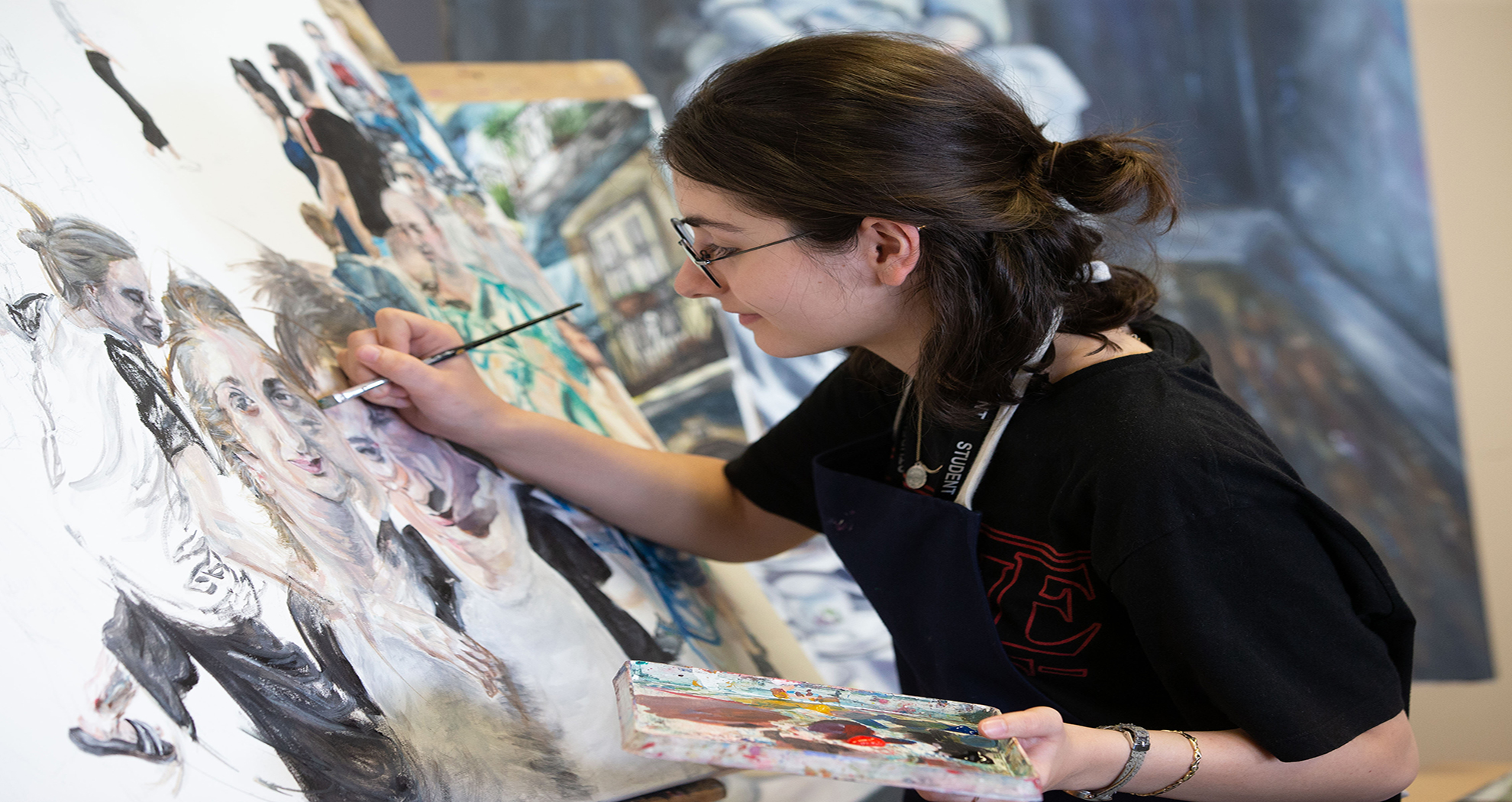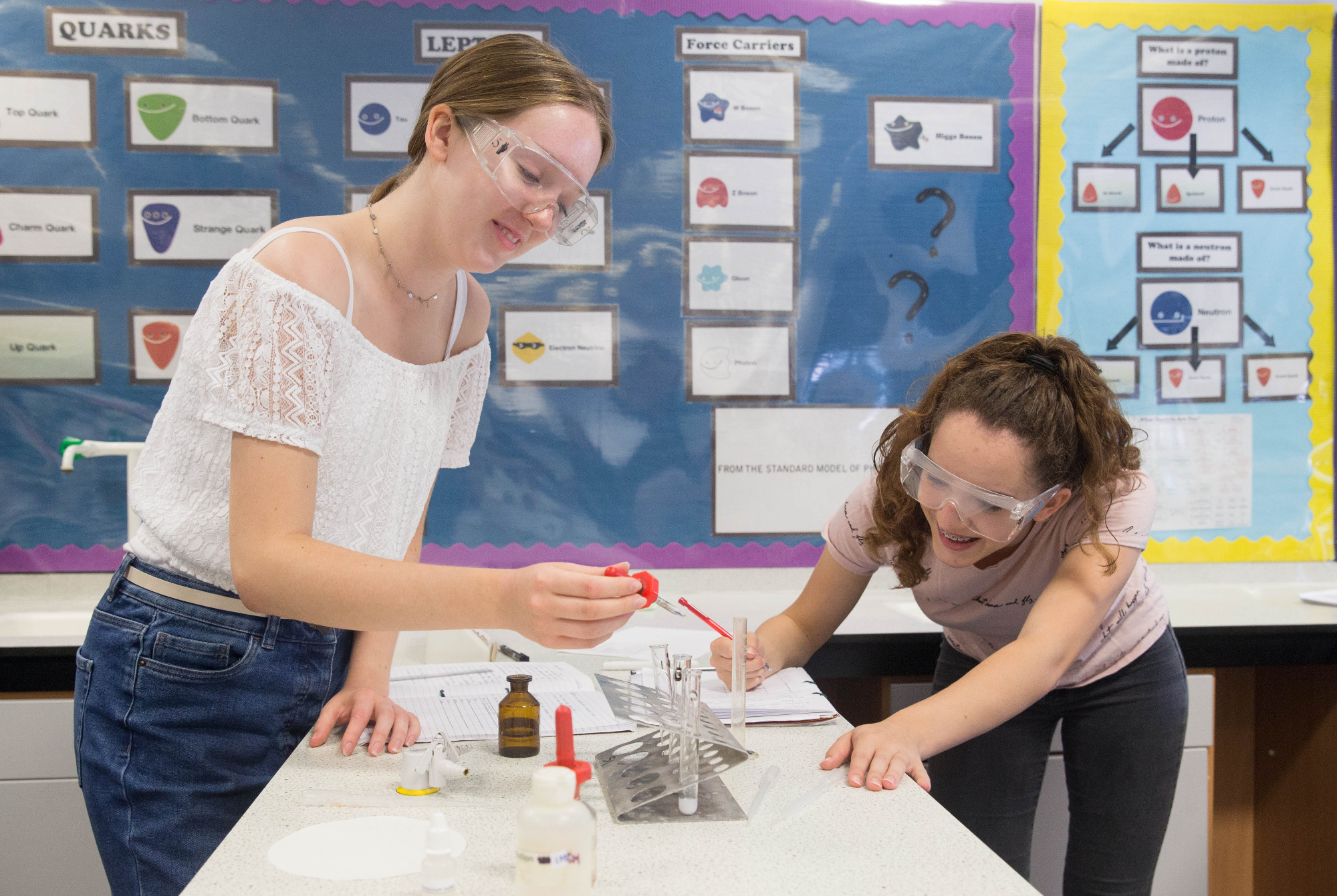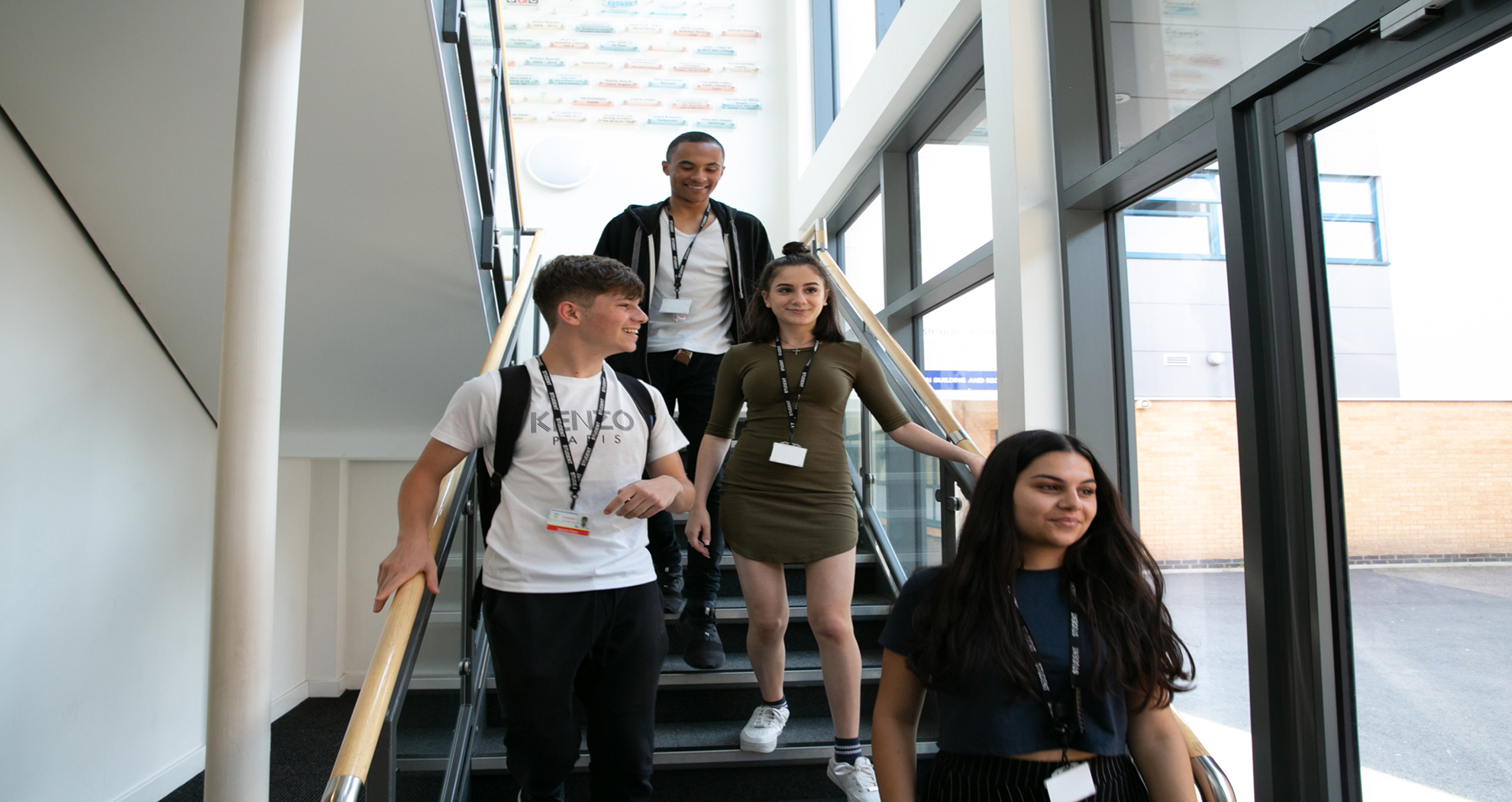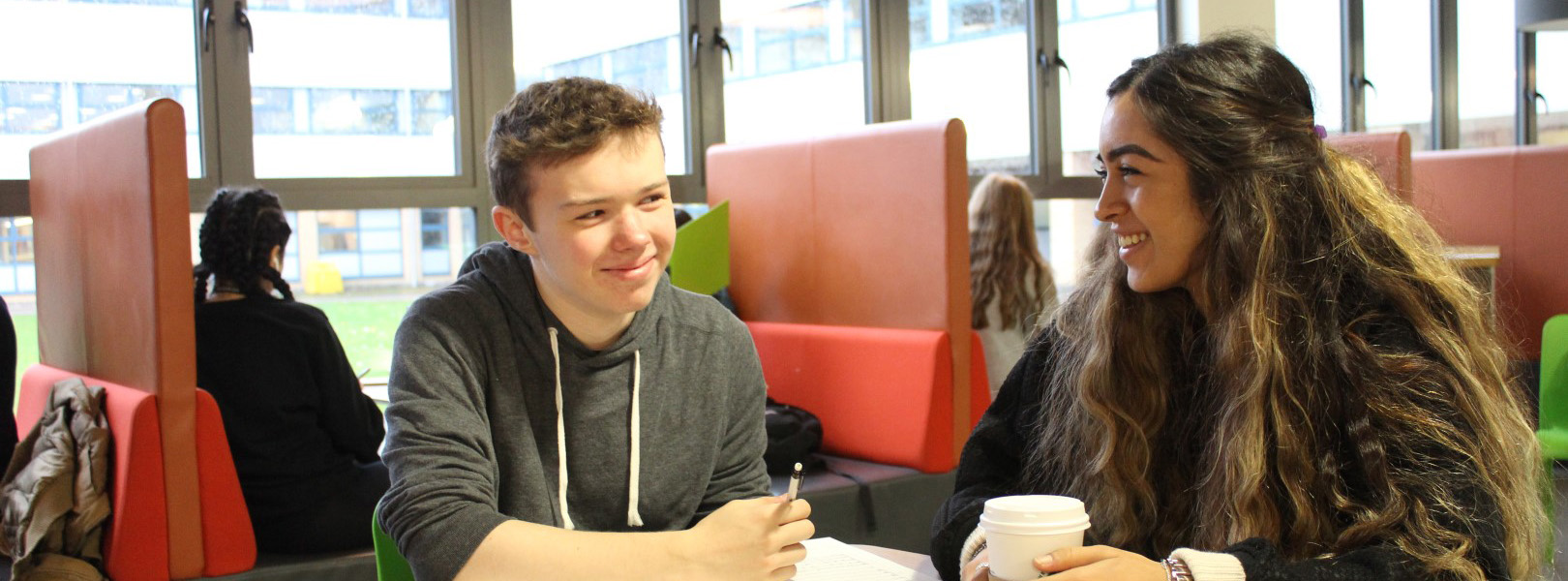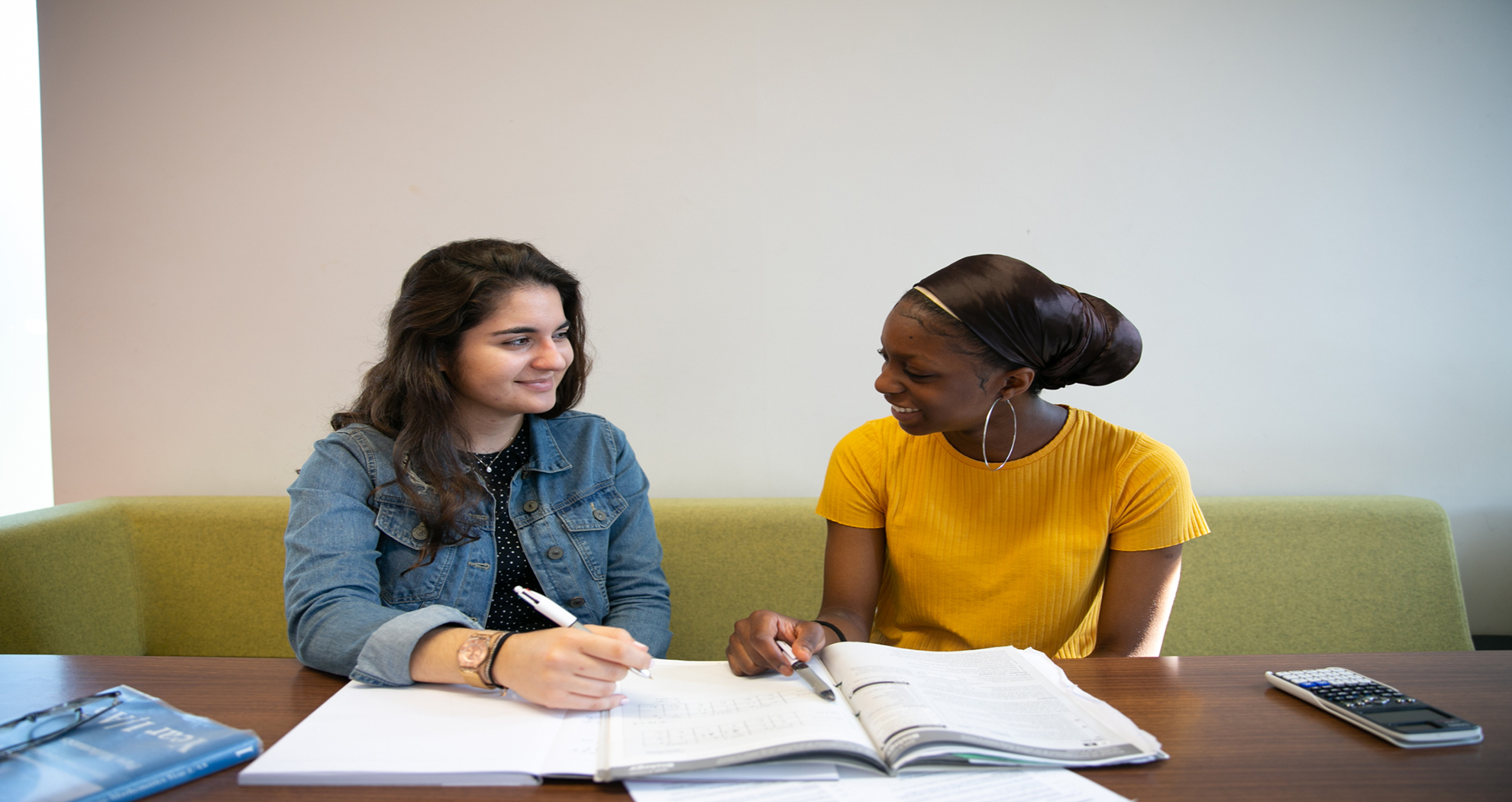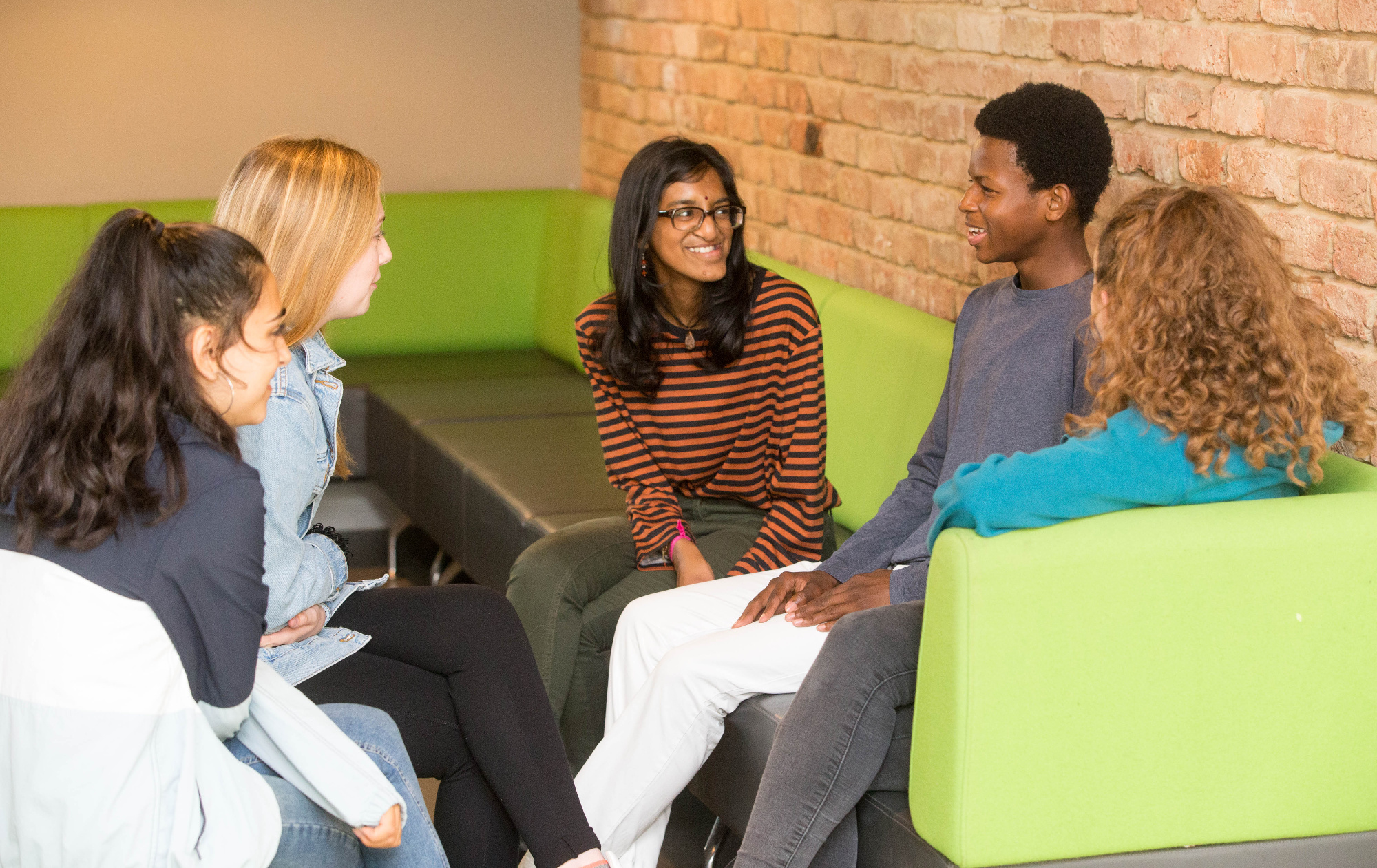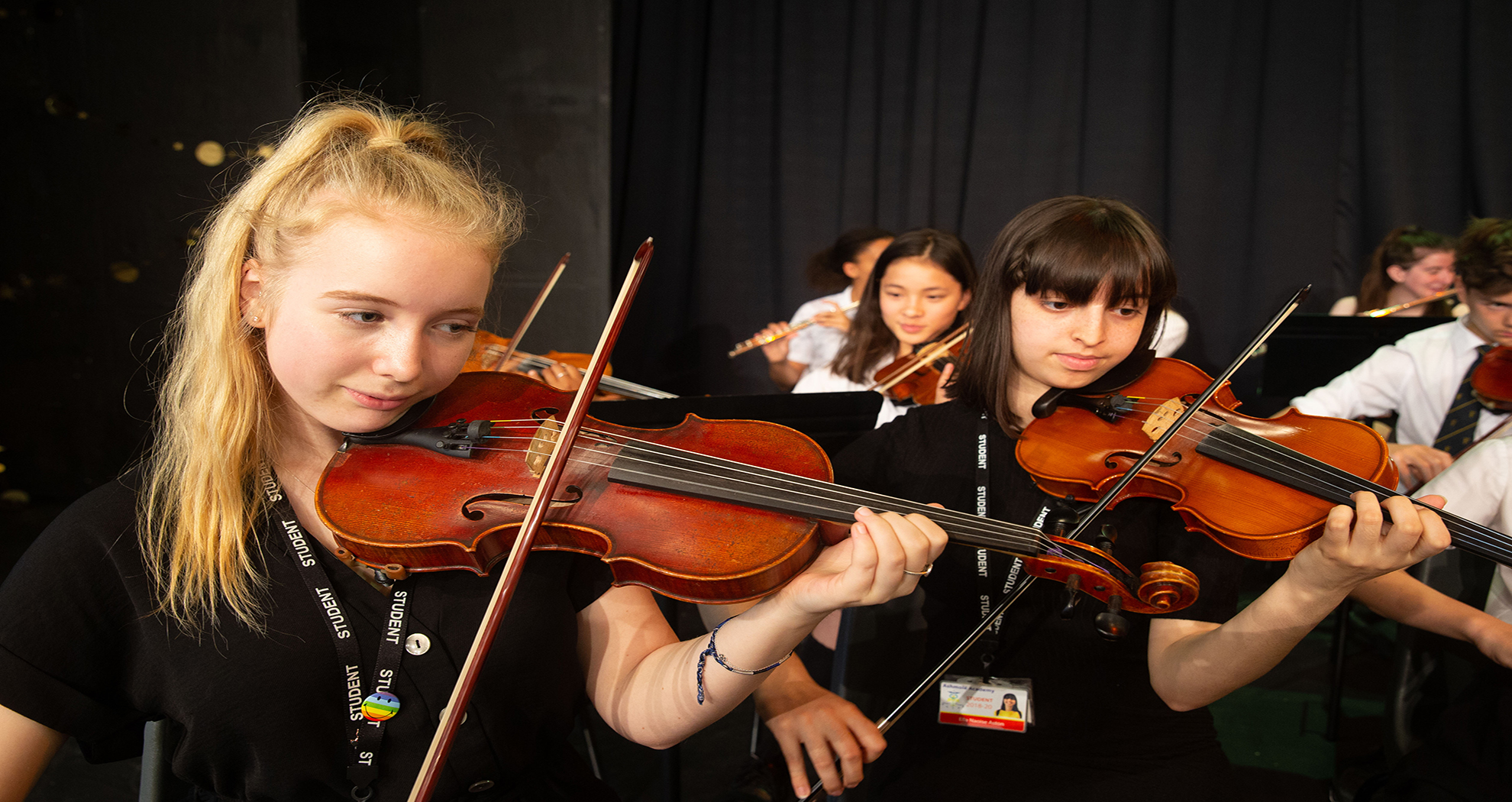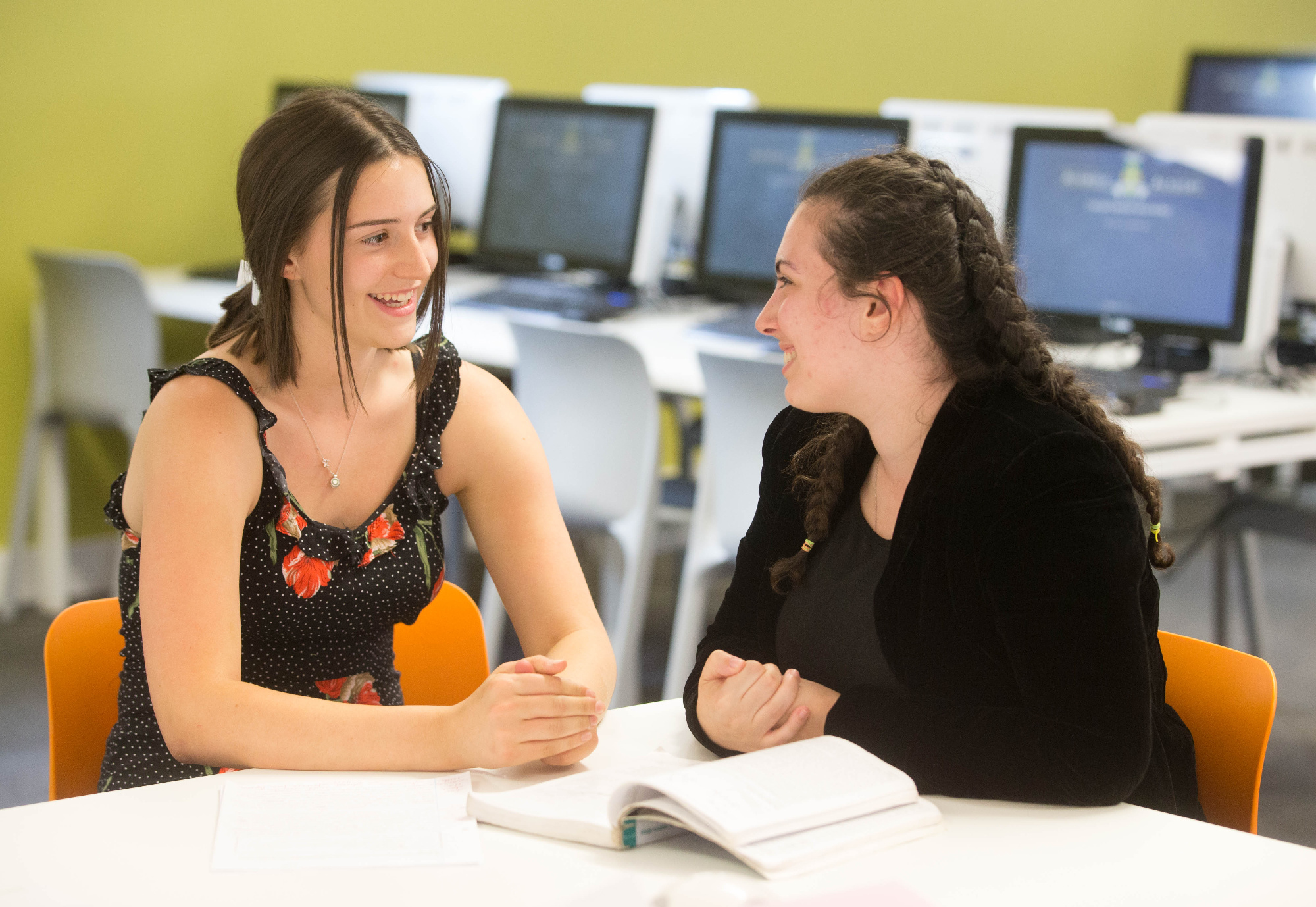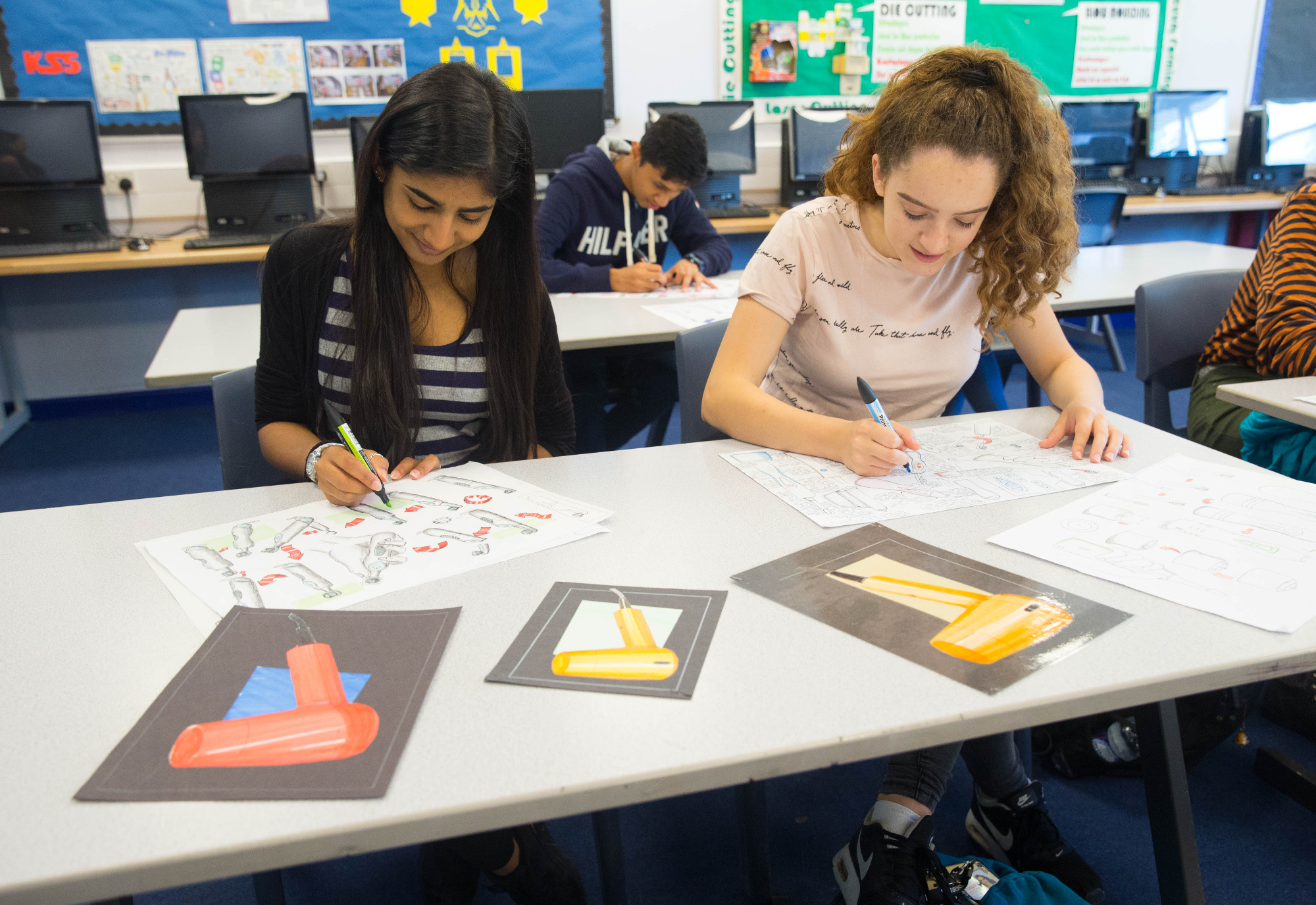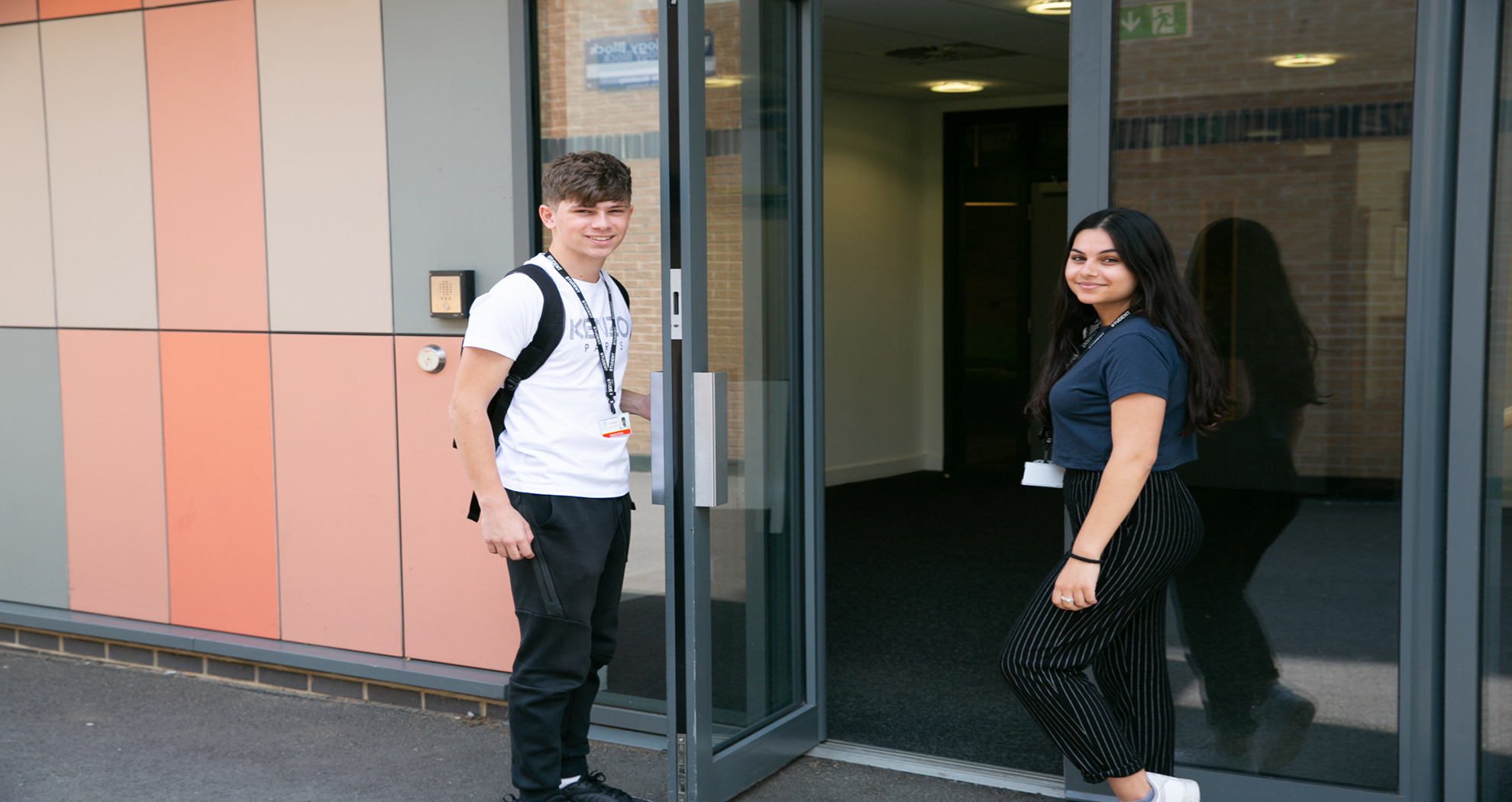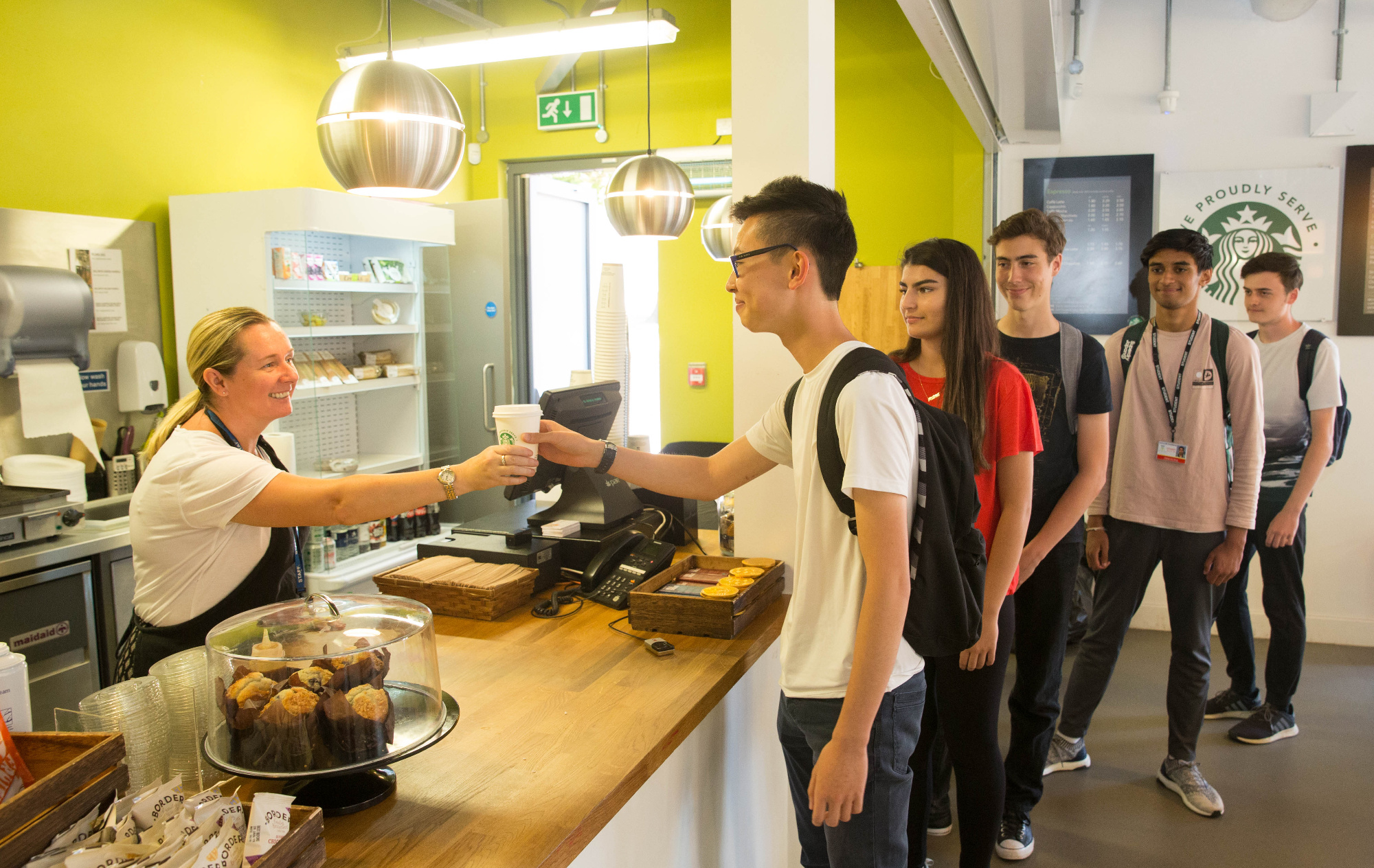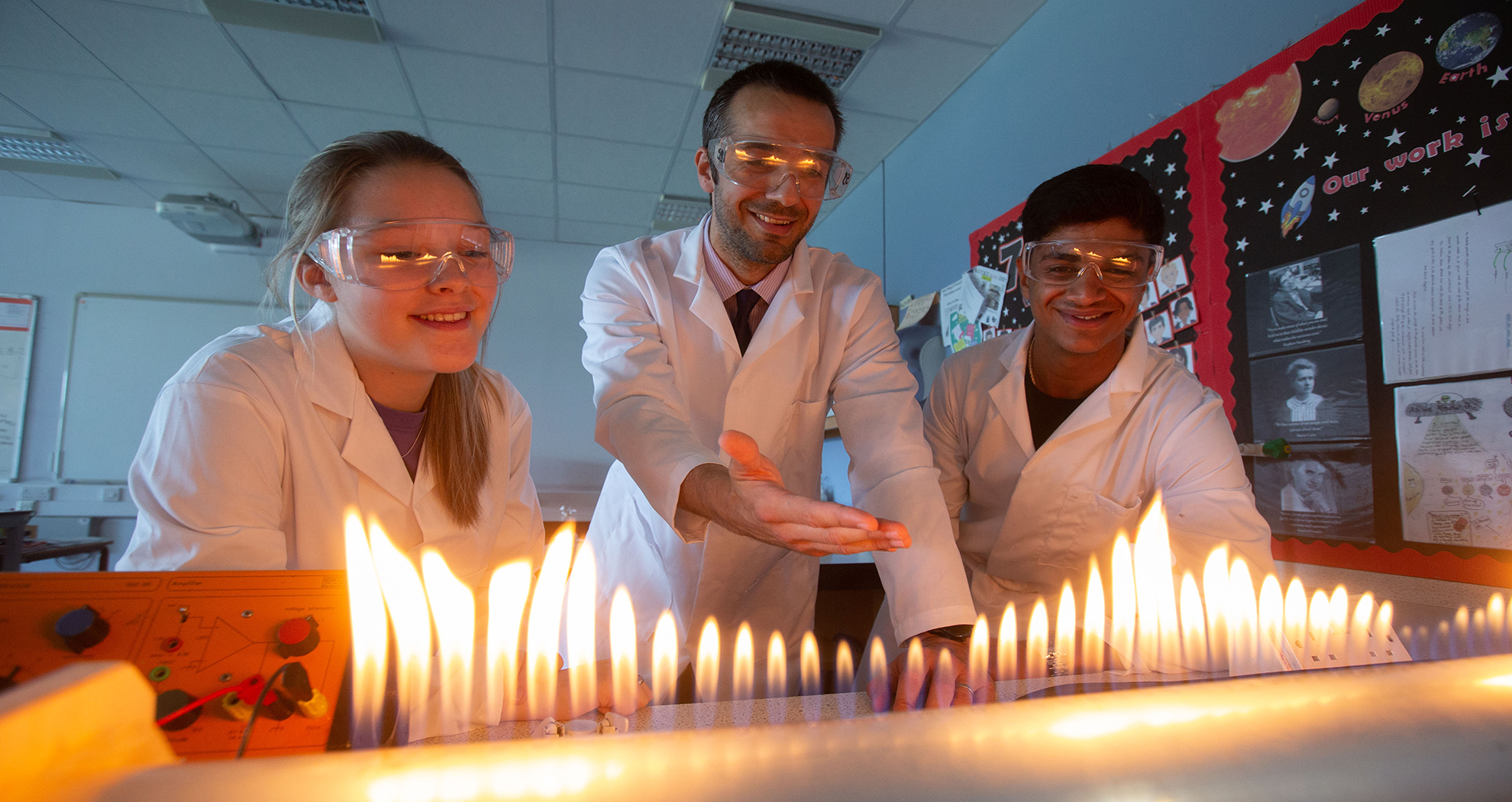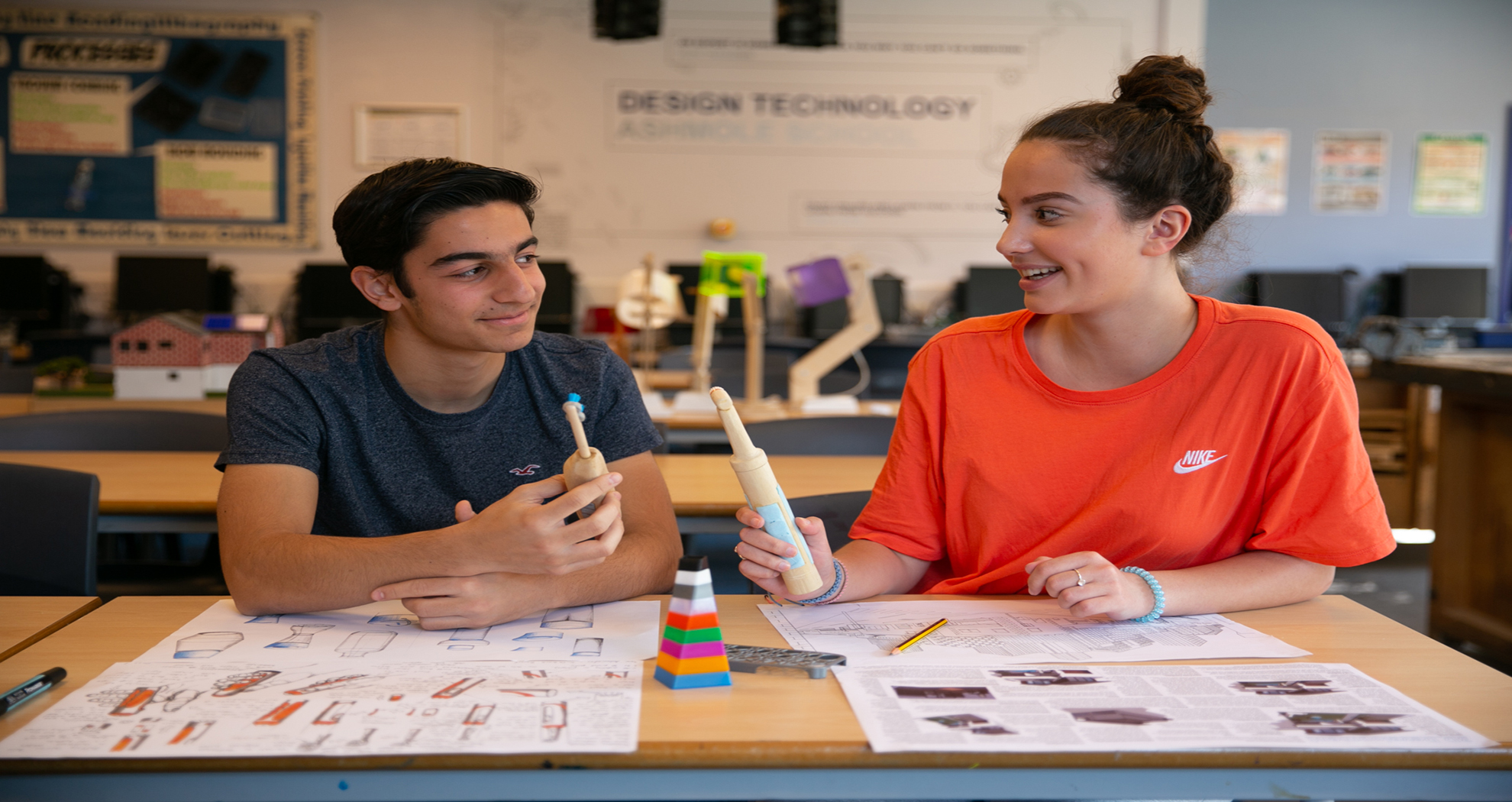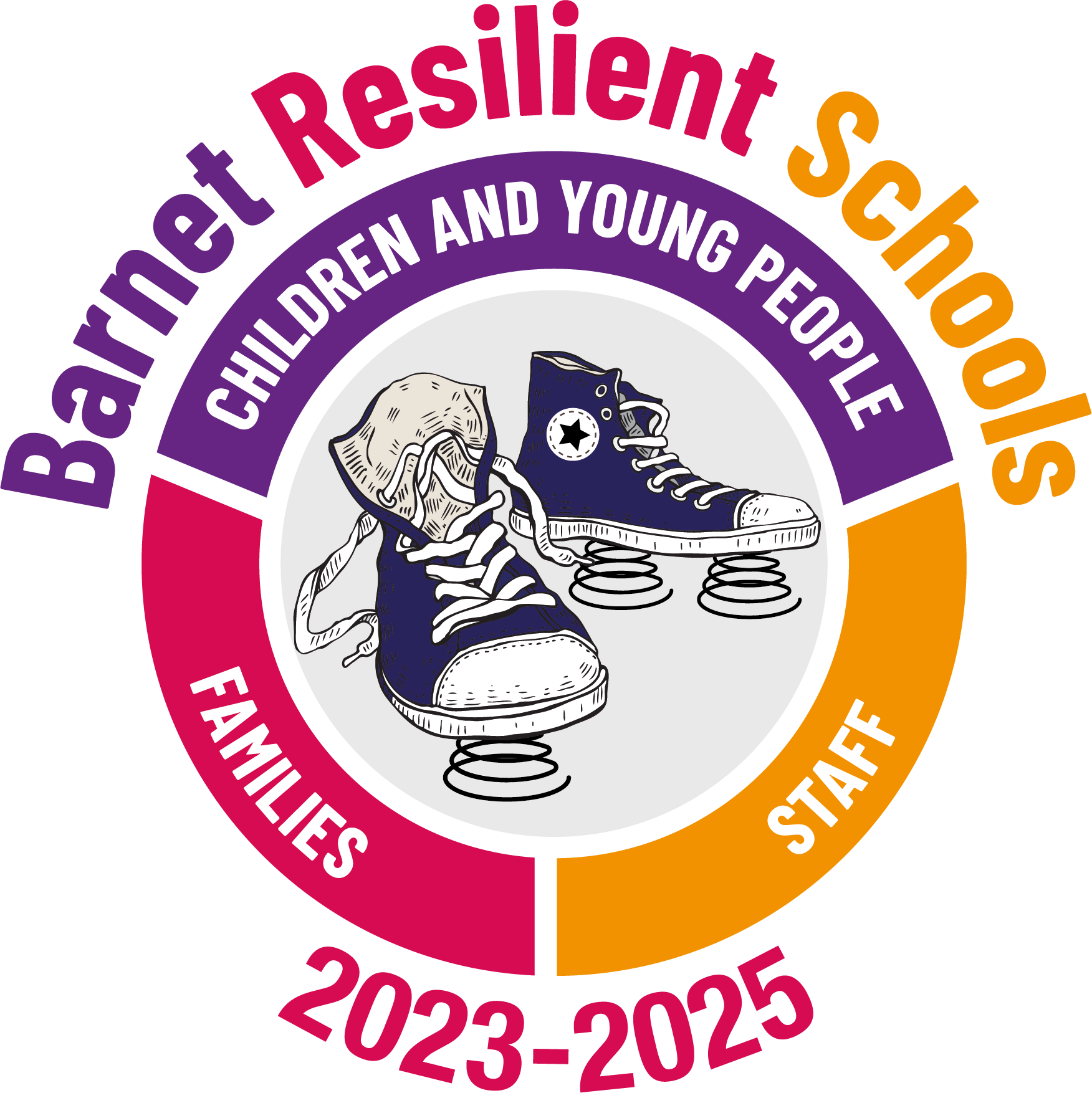Cassie - St George's University of London, Medicine
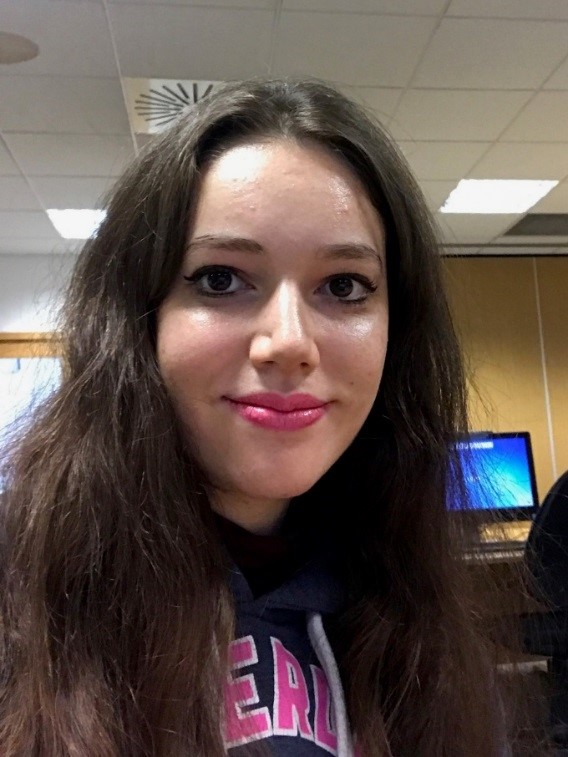 Cassie
Cassie
Date attended Ashmole: 2008 - 2015
A Levels: Mathematics, Chemistry, Physics, Biology
University: St George’s, University of London
Course: Medicine
Graduating: 2020
What are you doing now?
I left Ashmole Academy in 2015, and I am now a third year medical student at St George’s University of London. I am on three different clinical placements this year, which are in Medicine, Surgery and General Practice. In between each placement, I have tutorials, anatomy sessions, clinical examination sessions, and lectures. During the first two years, I received extensive teaching in clinical and communication skills, and I had several clinical placements from the very start of the course, which I feel has prepared me for the more clinical aspect of third year.
What have you got involved with at university?
As I am still commuting from my home in North London, it is very difficult for me to participate in extra-curricular activities. At university, extra-curricular activities typically take place in the evening, which makes it challenging for commuters. Despite this, in my first year I took part in training sessions with the Ladies’ Basketball team. I have also attended several career talks that focus on surgical specialities. I am also part of the Mums and Dads scheme at my university, in which I have ‘adopted’ a student in the year below me, and provide guidance and answer any questions that the student may have. In the summer holidays of this year I assisted with surgical operations whilst I was on holiday in Cyprus. Next summer I will be conducting a data set analysis to assess the success rates of a specific type of knee surgery (Trochleoplasty), and I will also have the opportunity to examine patients before their surgeries, attend their operations, and follow up with them afterwards.
What did you find most valuable about your experiences at Ashmole Academy? What skills did it help you to develop?
At Ashmole Academy, there was a lot of guidance to help me with my application to study medicine. Numerous members of staff (too many to mention) from different departments provided me with guidance throughout the Sixth Form. I think that the most valuable experience I had was when external interviewers came in to conduct mock interviews, one of whom was a doctor. This provided a great opportunity to practice my communication skills and prepared for me for my interview at St George’s. I received very helpful feedback, which gave me confidence in my strengths, but also highlighted for me areas that I could improve on before I had my real interview. The staff at Ashmole Academy helped me with these areas, which not only helped me with gaining a place to study at St George’s, but has also provided me with lifelong skills that will help me as a future doctor, and in day-to-day life as well.
What did you find most useful about the MedSoc programme?
The opportunities to discuss and debate ongoing medical advancements was very useful. This came up in my interview at St George’s, which I feel provided me with a great advantage to be able to discuss this well. However, I feel that the motivation provided by the MedSoc programme was the most useful aspect of the programme. It opened my eyes as to how difficult it is to apply to study a medical degree, but it made me aware of how much work experience and volunteering opportunities I had to gain, as well as the wider reading I had to do around the subject. This programme gave me the necessary information I needed, but also gave me the opportunity to develop some independence as well. I was able to organise all my work experience and volunteering positions myself, which I feel was one of the key reasons why I was successful with my application. I feel that universities love to see a proactive person who is willing to work hard to gain the position that they want.
What advice would you give to someone planning to apply for a Medical degree?
Be prepared that Medicine is not just a career but a way of life. You need to be confident that you want to study Medicine before you start your application process because it requires a lot of hard work and dedication. Try to organise hospital placements early on to give you a taster of what it is like, and make sure that you make thorough notes. This will help you decide whether Medicine is for you, and will provide you with vital experiences for your interviews. Despite it being a difficult and challenging journey, which will continue throughout your time at medical school and during your time as a doctor, it is a very rewarding profession that will never have a moment of boredom. There is always something new to be learnt and you will be amazed at the advancements that take place every day. However, you will also learn about the important value of communication and that most of the time it is not just about the medical treatment that helps patients, but also the skill of taking time to talk to patients in a reassuring manner and addressing any concerns that they have. Just a small number of kind words can make all the difference. In fact, it can be argued that the emotional state of patients can make a huge impact on their recovery and their lives in general. As long as you have the passion and dedication, you can make an excellent doctor. It is not just about your medical knowledge; it is important to have a good bedside manner too.
Anything else you would like to tell us about yourself.
Whilst I was at Ashmole Academy, I was the only person to play the Double Bass in the school orchestra. In 2015 (my last year at Ashmole Academy) I achieved a bronze medal in the British Biology Olympiad and I attended the awards ceremony in the summer. Since a young child to the present day, I am an avid bookworm. It is amazing how much you can learn from a book, even a fiction book, and I feel it is a wonderful way to take some time out from academics.

